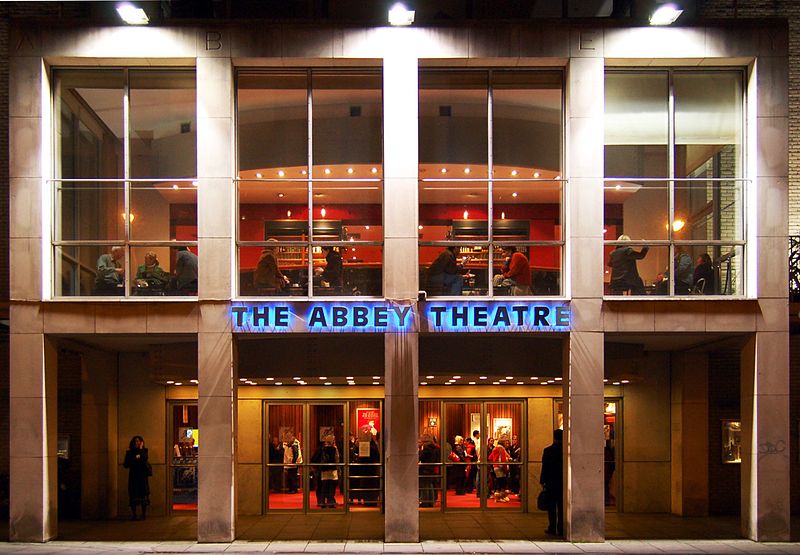TimeGhost History
Published 24 Mar 2021The interwar era has seen an explosion of art movements all vying to offer the most revolutionary response to modern society. The competition is intense and, as we shall see, often spills over into open conflict.
Join us on Patreon: https://www.patreon.com/TimeGhostHistory
Hosted by: Indy Neidell
Written by: Francis van Berkel
Director: Astrid Deinhard
Producers: Astrid Deinhard and Spartacus Olsson
Executive Producers: Astrid Deinhard, Indy Neidell, Spartacus Olsson, Bodo Rittenauer
Creative Producer: Maria Kyhle
Post-Production Director: Wieke Kapteijns
Research by: Francis van Berkel
Edited by: Michał Zbojna
Sound design: Marek KamińskiColorizations:
Daniel Weiss – https://www.facebook.com/TheYankeeCol…Sources:
Some images from the Library of CongressSoundtracks from Epidemic Sound:
“Epic Adventure Theme 3” – Håkan Eriksson
“Crimp” – Hysics
“Substage” – Jay Varton
“Appeased Soundscape 01” – August Wilhelmsson
“Stranger Days” – Alexandra Woodward
“Superior” – Silver Maple
“Rememberance” – Fabien Tell
“Ghost Dungeons” – Ethan Sloan
“Ancient Discoveries” – Gabriel LewisArchive by Screenocean/Reuters https://www.screenocean.com.
A TimeGhost chronological documentary produced by OnLion Entertainment GmbH.
From the comments:
TimeGhost History
2 days ago (edited)
The original idea for this episode came from me (Francis here, hello) stumbling across a passing reference to the 1922 trial of André Breton buried deep in a Wikipedia article. It led me down a huge rabbit hole on the history of the chaotic artists milling around in Paris, New York, Zurich, and beyond.Considering that it also takes place in the same season as the publication of Ulysses, the release of Nosferatu, the birth of Brazillian Modernism, and more, I realized that it was the perfect opportunity to dedicate an entire episode to the weird and wonderful artistic movements of the modern era. If this kind is new to you then consider this episode your introduction to the topic. Indy talks about the Cubist revolution, then Dadaism, Expressionism, and more.
In case all that seems a bit too niche for your liking then look at it this way: if you want to understand how people processed the horrors of the Great War, the rise of mass production, and modern geopolitical machinations, then diving into the art of the time is a great place to start.
Watch the video to find out why.





